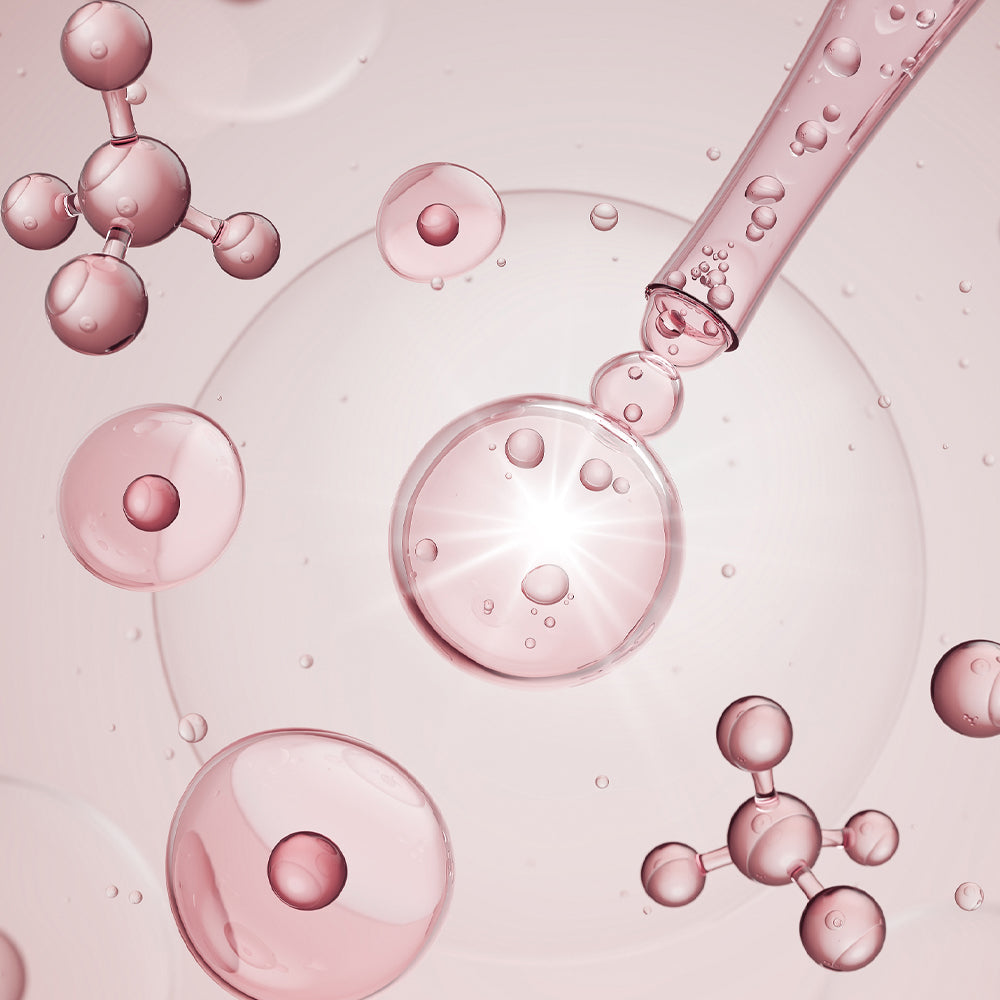
Curcumin benefits in body: key effects on health and vitality
Turmeric: its properties and its multiple benefits for the body
Turmeric stands out from other spices due to its aromatic, slightly spicy, and slightly bitter taste. As one of the main ingredients in curry, turmeric has long found its place in our cuisine. This unique spice boasts a natural formulation rich in active ingredients, particularly nutrients and curcumin. These diverse active compounds give this spice multiple beneficial properties for the body.
Turmeric and its properties
"Turmeric" is the term used to refer to both the plant and the spice obtained from its underground stem. Also called a rhizome, this stem is carefully dug up, cleaned, boiled, peeled, and dried for several hours before being ground into a powder and then stored in a cool, airtight container. In organic markets, its golden yellow color makes it easily recognizable. The turmeric rhizome has the advantage of containing around 20 to 40 mg of curcumin per gram of turmeric. Curcumin is the star active ingredient in turmeric.
The health benefits of taking curcumin as a dietary supplement
Curcumin, the main active ingredient in turmeric, comes from the curcuminoid family. A true ally for well-being and health, curcumin, as recalled in the online magazine passeportsanté , eliminates toxins, relieves stomach discomfort and fights against the process of premature cellular aging. Apart from regularly incorporating turmeric into your diet, it is possible to fully benefit from the benefits of its main active ingredient thanks to a course of food supplement curcumin Forte x 185 offered by the Biocyte laboratory .
Turmeric and its properties on the digestive system
Turmeric, also known as "turmeric," is a friend of the digestive system. Studies have shown that consuming 3g of turmeric per day for 12 weeks can help reduce stomach ulcers. Turmeric also helps combat belching and relieves abdominal pain and bloating due to digestive problems.





